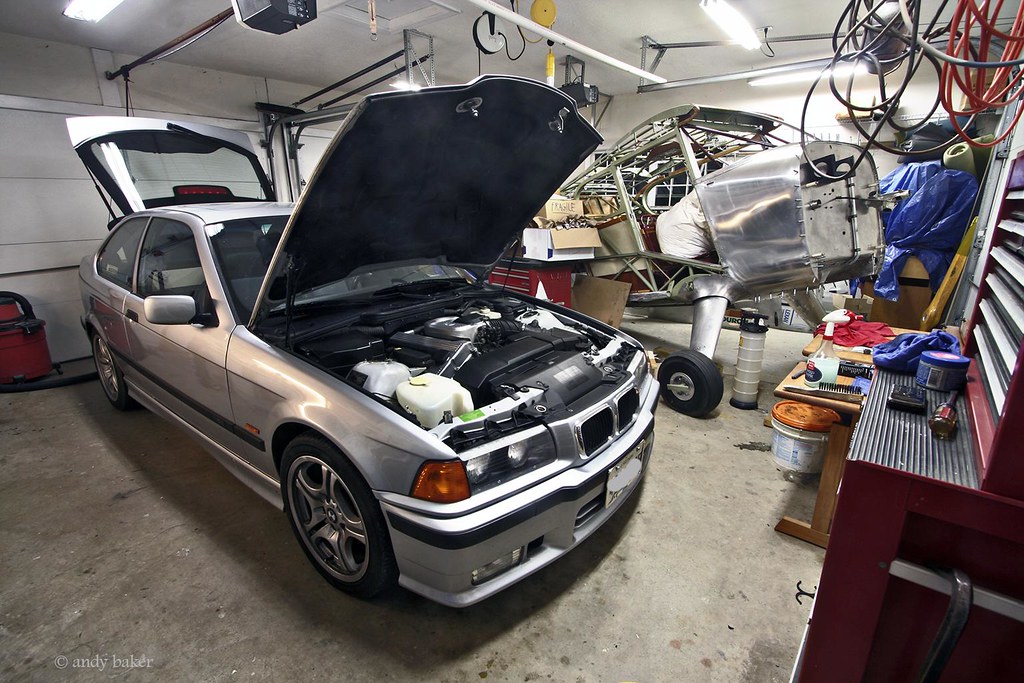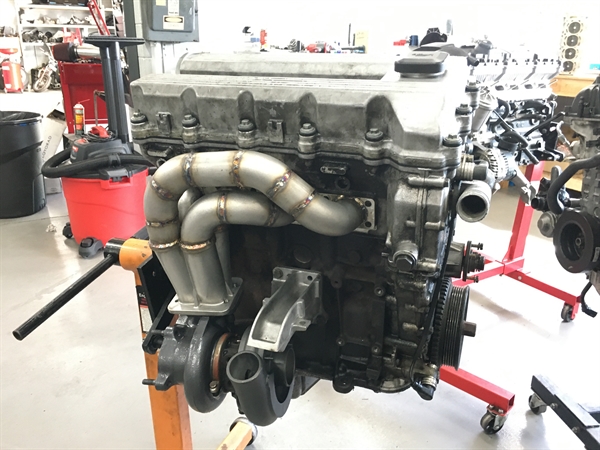BMW 318ti: A Traditional Compact with Classic Charm
Wiki Article
Essential Considerations for Picking the very best Engine for Your Demands
In the world of choosing the ideal engine to satisfy your demands, a number of important factors need careful factor to consider to make sure optimal performance and performance. From the nuanced balance in between power and performance to the often-overlooked aspects of maintenance and solution needs, each aspect plays a critical function in figuring out one of the most suitable engine for your particular demands. As the complexity of engine modern technologies continues to progress, critical the most suitable option demands a deep understanding of the interaction in between various considerations. By discovering the intricate web of variables that underpin this decision-making process, a more clear course arises towards selecting an engine that not just meets but surpasses your expectations.Power and Performance
When examining engines for ideal efficiency, it is important to focus on both power output and efficiency. Power result determines the capacity of an engine to generate power, which directly influences its efficiency. A high power output is vital for demanding jobs such as high-speed requirements or heavy-duty applications. It makes certain that the engine can handle the workload successfully and efficiently. Power alone is not enough; effectiveness plays a considerable duty in determining the total efficiency of an engine. Performance describes how well the engine converts gas into useful power. A much more effective engine will deliver much better mileage, lower discharges, and lowered operating expenses. Striking the appropriate balance in between power output and effectiveness is vital to selecting an engine that meets your specific needs. When making this decision, it is essential to consider variables such as the intended use of the engine, ecological effect, and lasting cost effects. By meticulously assessing both power and efficiency, you can choose an engine that delivers optimal performance and meets your needs effectively.Fuel Efficiency and Economic Situation
In the realm of engine selection, the consideration of gas efficiency and economic climate holds paramount value. Fuel efficiency refers to the engine's capacity to convert gas into power with very little waste, straight impacting operating costs and environmental sustainability. bmw 318ti. When picking an engine, reviewing its fuel economy is essential to determine lasting savings and ecological influence. Engines with greater gas performance not just minimize fuel expenditures however also reduce carbon exhausts, adding to a greener operation.

Compatibility and Application
Considering the fuel performance and economic climate of an engine, the following critical facet to address is its compatibility and application within specific operational contexts. Compatibility refers to exactly how well the engine integrates with the general system or tools it powers. It involves aspects such as physical dimensions, placing options, electric user interfaces, and control systems. Making sure compatibility is important to protect against problems such as overheating, resonances, or power discrepancies (bmw 318ti).Different engines are made Going Here for particular objectives, whether it be site industrial machinery, aquatic vessels, vehicles, or power generators. Understanding the intended application allows for the option of an engine that can supply the required power output, torque, and operational characteristics.
Maintenance and Solution Demands
Upkeep and solution requirements play an important duty in making certain the long life and ideal performance of an engine. Regular upkeep is important to prevent malfunctions, extend the life expectancy of the engine, and maintain its efficiency. When selecting an engine, it is crucial to consider the maker's advised maintenance timetable and the availability of solution facilities or certified technicians.Elements such as the frequency of oil adjustments, filter replacements, and total assessments can considerably affect the engine's performance. Some engines may need more constant maintenance based on their design and use, while others might have longer intervals in between maintenance checks. It is important to stick to these solution requirements to avoid costly fixings and unforeseen downtime.

Price and Budget Considerations
When picking an engine for a particular application,Spending plan restrictions typically play a considerable role in the decision-making process. When thinking about the price and budget implications of selecting an engine, it is necessary to assess not only the initial purchase price yet also the lasting expenditures connected with upkeep, fuel usage, and prospective upgrades or repairs. It is critical to strike an equilibrium between the ahead of time expense of the engine and its total lifecycle prices to guarantee that the picked engine remains economically lasting throughout its functional lifespan.Variables such as fuel reliability, durability, and performance can directly impact the overall cost of possession of an engine. While a much more expensive engine might have greater in advance expenses, it might possibly lead to reduced maintenance and fuel expenses with time, hence supplying much better value in the future. Additionally, taking into consideration the accessibility and expense of spare components, as well as the convenience of maintenance and solution, can assist prevent unanticipated economic stress in the future. By very carefully evaluating these price and budget plan considerations, you can make an informed decision that aligns with your functional needs and financial restrictions.
Final Thought

Fuel efficiency refers to the engine's capacity to transform fuel into energy with minimal waste, straight impacting operating costs and environmental sustainability.Variables influencing gas efficiency include engine layout, combustion efficiency, and total performance optimization. In addition, choosing the ideal gas type and grade as recommended by the engine maker can better improve efficiency and extend engine lifespan.
Engines with excellent use attributes and readily available components can minimize upkeep prices and minimize the time the engine is out of operation - bmw 318ti. It is important to strike an equilibrium between the upfront price of the engine and its general lifecycle prices to guarantee that the selected engine stays financially lasting throughout its functional life expectancy
Report this wiki page